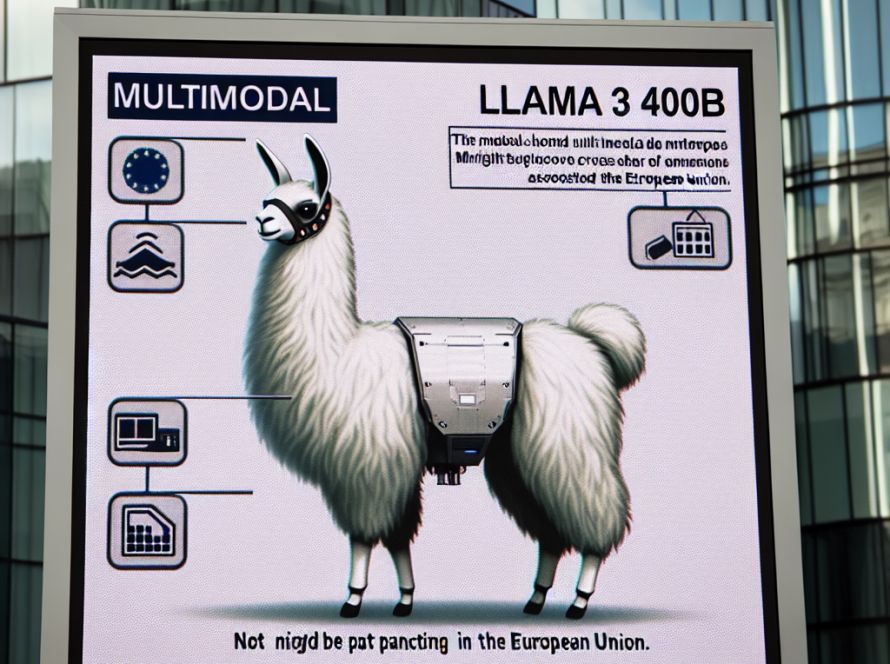Scientists from Loughborough University, MIT, and Yale have introduced a concept titled ‘Collective AI,’ proposing a framework called Shared Experience Lifelong Learning (ShELL). This approach supports the development of decentralized AI systems comprised of multiple independent agents that continually learn and share knowledge. The researchers compare this model to a ‘hive mind,’ stating it could create more scalable, resilient, and effective solutions than centralized systems.
The concept of Collective AI draws parallels to sci-fi ideas like ‘The Borg’ from Star Trek, ‘The Get’ from Mass Effect, and ‘The Replicators’ from Stargate SG-1. By enabling AI agents to learn from their own experiences and shared knowledge, ShELL-based systems could potentially achieve faster learning, improved performance, and greater flexibility in the face of adversity.
Dr. Andrea Soltoggio, the study’s lead researcher from Loughborough University, explained the vision as ‘instant knowledge sharing across a network of AI units capable of continuously learning and adapting to new data.’ This decentralized AI model was compared to the human immune system, where individual components work together to address and neutralize threats.
Decentralized AI is becoming a trending area of interest, demonstrated by recent high-profile industry moves and actions. Soltoggio suggested that these systems could facilitate the development of disaster response robots or personalized medical agents, as they would be capable of quickly adapting to new conditions and effectively combining patient information with advanced medical knowledge.
Several potential mechanisms underlying Collective AI were proposed by the researchers. Lifelong machine learning aids AI agents in incrementally learning multiple tasks while avoiding catastrophic forgetting. Federated learning enables multiple agents to collectively train a model while keeping their data localized, preserving privacy. Multi-agent system studies help in understanding how autonomous agents interact in a shared environment. Edge computing allows computation and data storage near data sources, reducing latency and communication costs.
Despite the promise, researchers acknowledged potential risks of collective AI systems, such as rapid dissemination of incorrect, unsafe, or unethical knowledge between units. To mitigate this, they proposed ensuring a balance between cooperation and independence among AI units within the collective. They also highlighted that Collective AI draws on recent futurist developments in AI, like bio-inspired AI architectures, thus simulating analog synaptic structures and AI models that operate on real brain cells.


